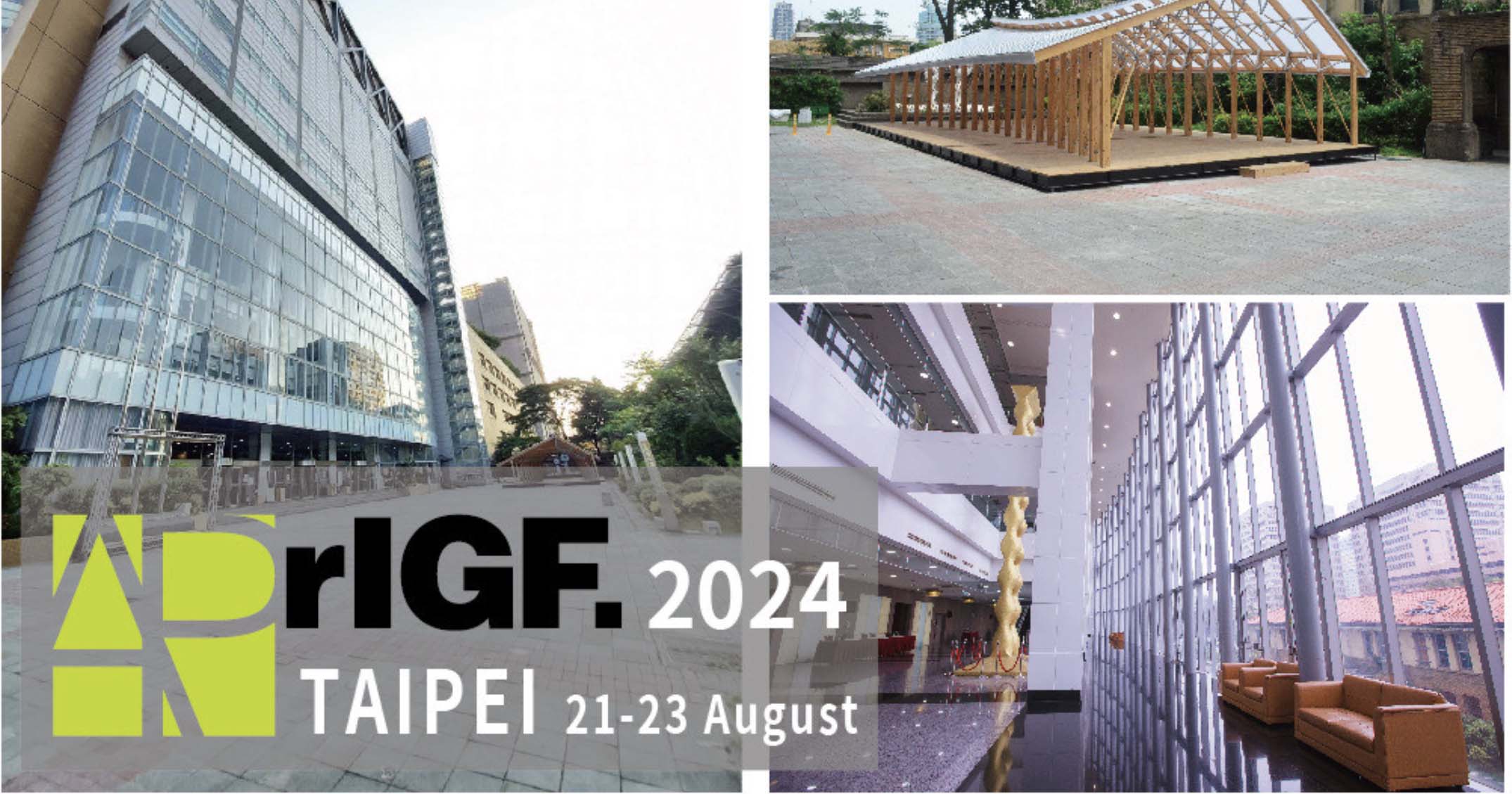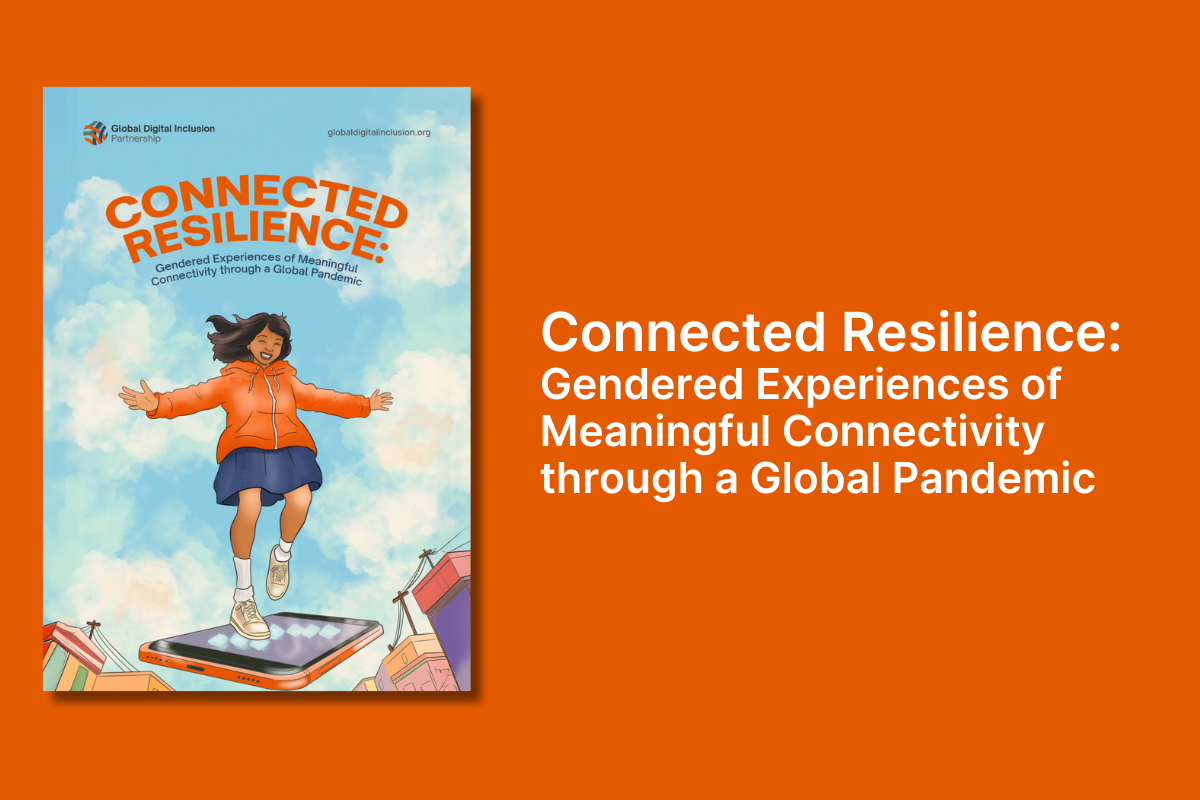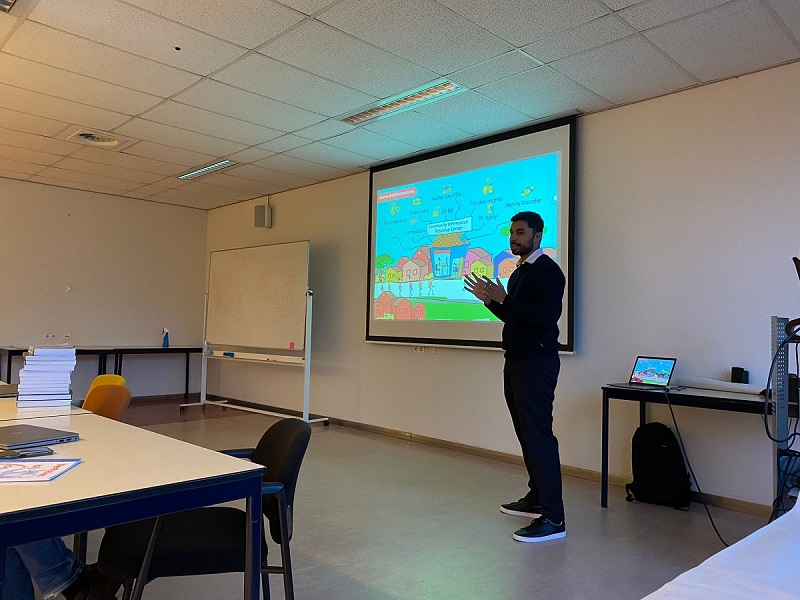
This week, in TypeRight, we share the field report from the Asia Pacific Regional IGF 2024, written by Jenny Sulfath, who represented DEF at the event. This year's theme was 'Evolving Ecosystems, Enduring Principles: Shaping Responsible Internet Governance.'
Double Jeopardy - Trauma of real-life versus virtual life
“Do you think that rape in virtual spaces leaves the same trauma as real-life rape?” This was the provocative question posed by Prof. Dyah Pitaloka from Monash University Malaysia during a session I attended in DRAPAC2024 organised by Engage Media in Taipei, Taiwan. For a moment, I was taken aback—how could that be possible? What exactly does that even mean? Prof. Pitaloka went on to discuss her research, which found that sexual assault in Metaverse environments triggers the same brain response in survivors as a real-life assault. Prof. Dyah Pitaloka also discussed the sensors used in gaming and how they can exacerbate the physical and emotional impact of a virtual sexual assault.

My six days at APRIGF 2024 (Asia Pacific Regional Internet Governance Forum) and DRAPAC (Digital Rights Asia Pacific Assembly, an official side event of APRIGF) in Taipei were filled with moments of perplexity, amusement, and revelations about issues I had never previously considered. I was also part of a workshop session organised by Global Digital Inclusion Partnership (GDIP), where we discussed the connected resilience report, in which Digital Empowerment Foundation covered a case study of an unconnected Adivasi village in Maharashtra.
I began my case study by contrasting the technology-facilitated sexual violence in the Metaverse, with the reality faced by women who have never even visited an internet café in the village, to highlight how broad the issue of ‘connected resiliency’ and gender is. I started by sharing an incident reported by one of our fellows who stayed in the same village and how the community was fascinated by a wireless Bluetooth earphone, something they had never seen before. You can access a copy of the report here.

For me, APRIGF 2024 was all about exploring the spectrum of digital issues - topics I hadn’t even known existed from my corner of the world. For instance, in one panel, a government representative from the Maldives discussed submarine cables that connect Indigenous communities, leading to an informal conversation about underwater sea cables connecting the globe afterwards.
Someone shared with me an initiative that tracks and maps these cables on a world map. Check it out here: Submarine Cable Map. It’s fascinating to realise that what we consider an abstract idea - the internet - is actually a network of tangible, interconnected cables. Apparently, 20 divers worldwide earn millions to repair these underwater lines, a fact I was not able to verify.

An issue the forum grappled with was precisely this, how do we handle the proliferation of advanced technologies and misinformation and content moderation? One session that discussed this in the context of polarisation was jointly organised by Stanford DDL, Stanford GDPi, and Friedrich Naumann Foundation for Freedom (FNF Global Innovation Hub). The session discussed how to reduce the usage of generative AI for the creation of misinformation and harmful content, including making the hash value of a content public. It also discussed the multiple implications of using prebunking as an approach against misinformation.

Several of the discussions reflected this spillover between AI, Misinformation, and the puzzle of content moderation. The people who argued for more regulations were met with people who spoke about overregulation by the government and the possibility of authoritarian governments controlling what should be regulated or not. These are also some of the questions we wish to discuss in this year’s Digital Citizen Summit being organised by DEF. Please submit a session through this link: https://dsummit.defindia.org/call-for-sessions/
The event wasn’t just about discussions. One afternoon, we played several games in DRAPAC—sometimes getting it completely wrong but having fun along the way. I recommend checking out the Internet Shutdown Game by APC, which teaches players how to navigate different types of content censorship and cutoffs.The game is available on this link: https://shutdowngame.apc.org/

Another game we played was the Anti-Monster Game by Flame, a Taiwanese feminist organisation working on feminist technologies ((https://www.flameflame.org/about-us/). The card game challenges players to catch little monsters representing gender-based violence in the digital world to win. Yet another game we enjoyed was Taksa: A Game on Disinformation, developed by EngageMedia. This interactive video game, similar in style to Netflix’s Black Mirror: Bandersnatch, puts players in the role of a single father navigating complex information during a pandemic. The goal is to find a cure for his daughter while managing the viral social media posts that bring him fame. You can check out the demo here(currently only in Indonesian): Taksa Disinformation Game.
————————————————————————————————————————
Jenny Sulfath works at the integration of communication and research at the Digital Empowerment Foundation. Jenny participated the APrIGF 2024 in Taipei, and spoke in several session including the one by GDIP on Gender Resilience.
In Other News: What Are We Reading
First, two important data breaches that has exposed millions of people's personal information:
From AP, an attempt to connect the issue and raising demands for a caste census with the technology of the Aadhaar. From ET's interview with Andhra Pradesh CM, Chandrababu Naidu.

From Hyderabad, an innovative addition to city's existing network of CCTV surveillance systems to prevent people from dumping garbage:
From Assam, where the horrors of the NRC deprived people of access to basic welfare benefits:




DEF Updates
Digital Empowerment Foundation and the Athena Institute of the Vrije Universiteit are setting up an action research project on developing this more robust digital technology to rehabilitate the homeless. This research is being conducted by Abner Manzar with the guidance and support from Teun Zuiderent-Jerak and Abdul Azad from the Athena Institute of the Vrije Universiteit. This research is being done through the collaboration of Digital Empowerment Foundation and the Athena Institute and Network Institute of Vrije Universiteit.
Don't forget to attend this year's Digital Citizen Summit at T-Hub, Hyderabad.

You can register for the summit here.
A reminder that our WSA applications are still open until 14th October, and that this year on, the WSA incorporates our previous flagship awards, including mBillionth, eNGO Challenge, Manthan and Social Media for Empowerment.

We will be back next week!



/cdn.vox-cdn.com/uploads/chorus_asset/file/23318429/akrales_220309_4977_0014.jpg)






















 might be?](https://sk0.blr1.cdn.digitaloceanspaces.com/sites/1394/posts/714526/dbc8de4c-5c50-411f-aba0-55cfb74a692d.jpeg)

Write a comment ...